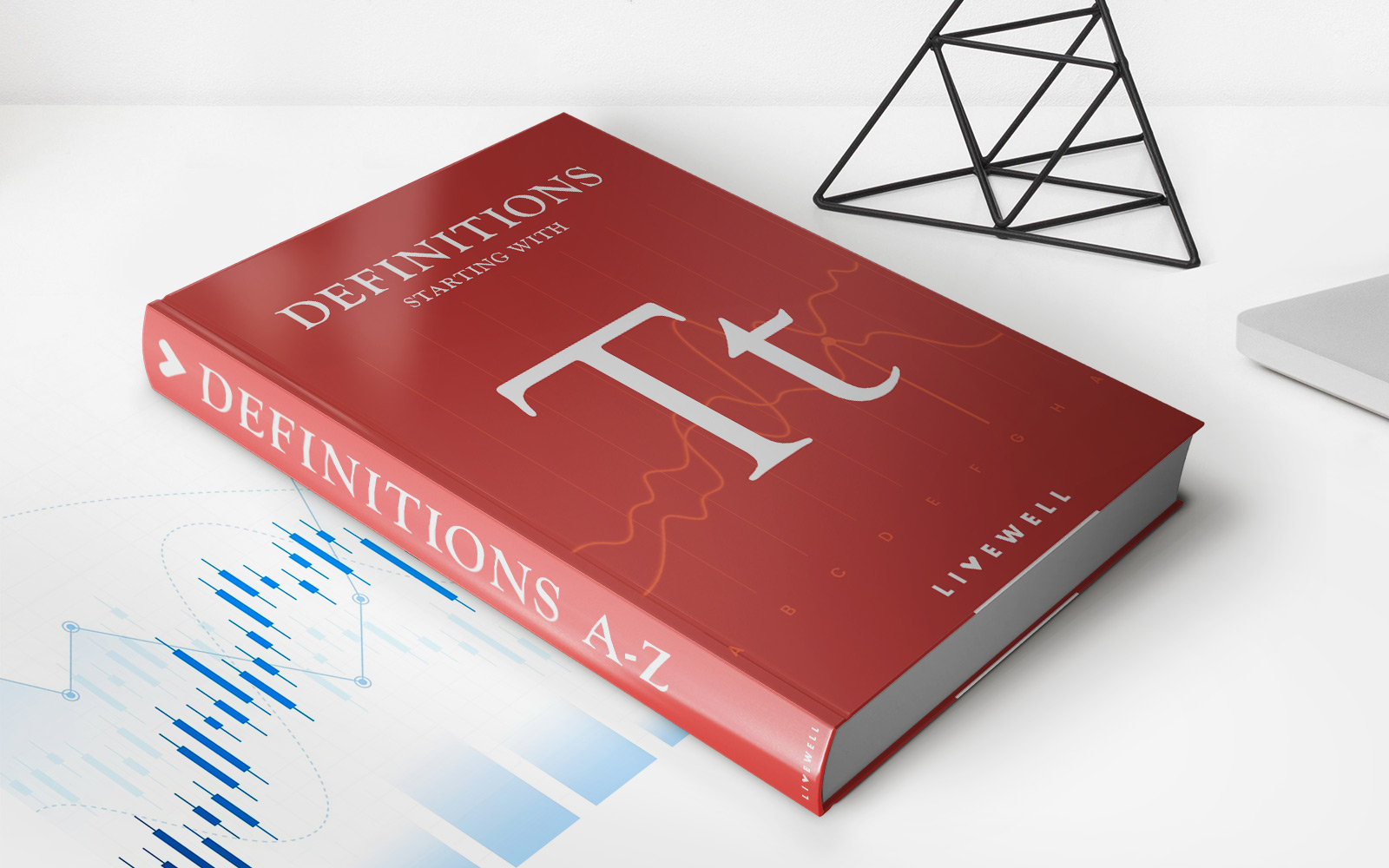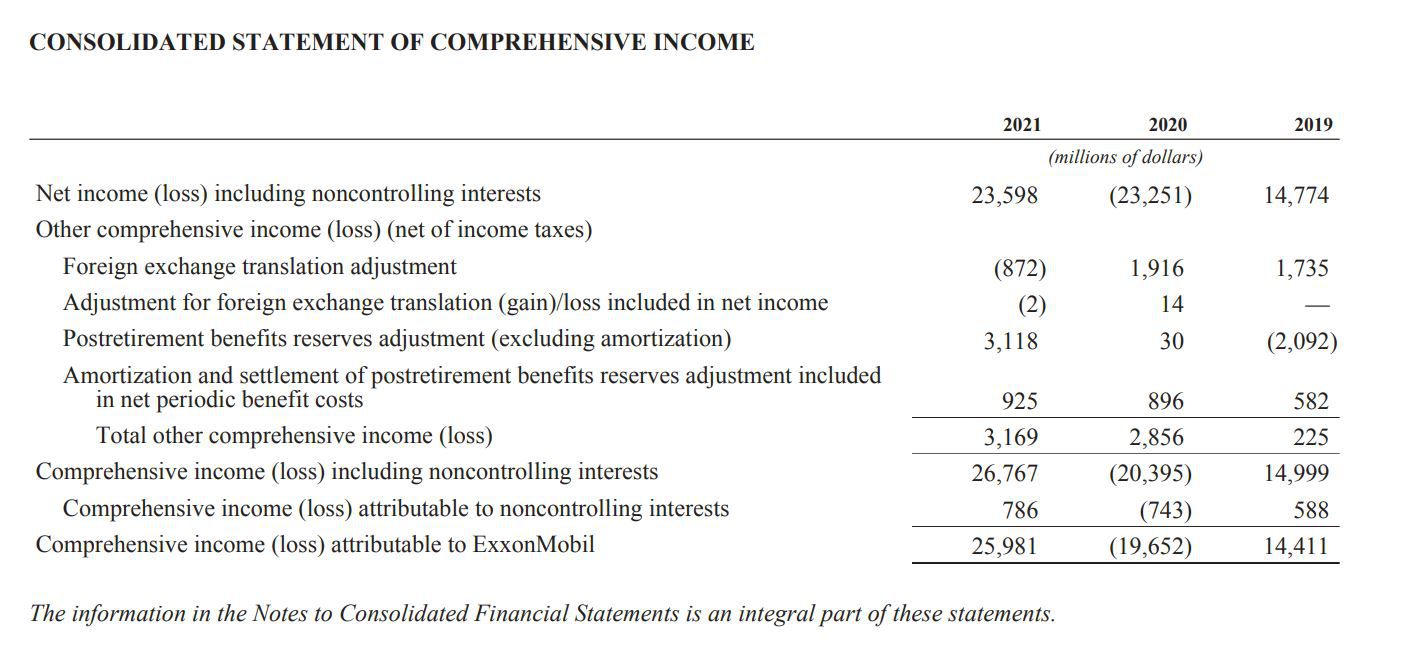Home>Finance>What Is Land? Definition In Business, Valuation, And Main Uses


Finance
What Is Land? Definition In Business, Valuation, And Main Uses
Published: December 16, 2023
Learn the definition of land in business, valuation, and its main uses in finance. Discover why land is a crucial asset in the financial world.
(Many of the links in this article redirect to a specific reviewed product. Your purchase of these products through affiliate links helps to generate commission for LiveWell, at no extra cost. Learn more)
Land: Exploring the Definition, Valuation, and Main Uses
What exactly is land? It’s a question that may seem simple, but its implications in the world of business, valuation, and various uses are far-reaching. In this article, we will delve into the definition of land, explore its value, and shed light on its primary uses.
Key Takeaways:
- Land is a tangible asset comprising the earth’s surface, along with everything permanently attached to it, such as buildings, trees, and natural resources.
- Valuing land involves careful consideration of factors like location, size, topography, zoning, and potential uses.
Defining Land in Business and Valuation
When we talk about land in the context of business and valuation, we are referring to a tangible asset comprising the earth’s surface and everything permanently attached to it. This includes not only the land itself but also any buildings, trees, crops, minerals, and natural resources present on it. Essentially, land is the foundation upon which various economic activities take place.
For businesses, land holds significant value as it provides a physical space for operations, expansion, and development. Additionally, land can appreciate in value over time, making it an attractive investment for individuals and companies alike.
Main Uses of Land
The uses of land are diverse and varied, depending on factors such as location, zoning regulations, and market demand. Here are some of the primary uses of land:
- Agricultural Purposes: Land plays a crucial role in agriculture, serving as a platform for cultivating crops, raising livestock, and supporting food production. Agrarian societies heavily rely on land for their livelihoods and sustenance.
- Residential and Commercial Development: Land serves as the foundation for residential and commercial properties. It provides space for housing, office buildings, shopping centers, and other real estate developments.
- Natural Resource Extraction: Land acts as a reservoir for various natural resources like minerals, oil, gas, timber, and water. These resources are crucial for energy production, manufacturing, and other industries.
- Conservation and Recreation: Land plays a vital role in preserving natural habitats, ecosystems, and biodiversity. It also serves as a space for recreational activities such as parks, national reserves, and wildlife sanctuaries.
- Infrastructure and Utilities: Land is essential for the construction of infrastructure and utilities, including roads, bridges, airports, power plants, water treatment facilities, and telecommunication networks.
These are just a few examples of the main uses of land, but the possibilities are vast and depend on societal needs, economic trends, and environmental factors.
Overall, land is a valuable and versatile asset. Its proper definition, careful valuation, and understanding of its various uses are crucial not only for businesses and investors but also for sustainable development and the preservation of our natural resources.
Now that we have explored the definition, valuation, and main uses of land, we can appreciate its importance and the role it plays in our everyday lives.














